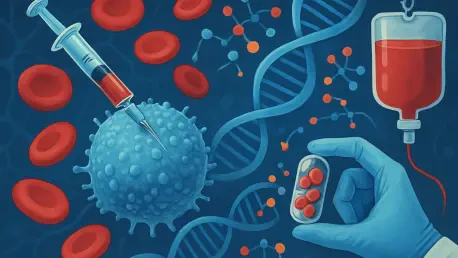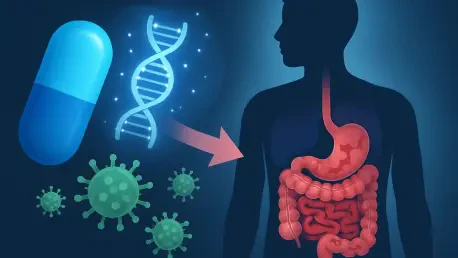
I'm thrilled to sit down with Ivan Kairatov, a renowned biopharma expert with extensive experience in research and development, particularly in the realm of technology and innovation in the industry. Today, we’re diving into the groundbreaking ASAP study, a pivotal trial in blood cancer research,

In the intricate and often arduous world of drug discovery, where the journey from concept to cure can span over a decade and cost billions, a transformative tool has emerged to redefine the landscape. DeepMice, an innovative protein-ligand molecular docking model recently highlighted in Molecular

In an era where healthcare is rapidly evolving, a groundbreaking approach is reshaping how patients receive treatment at a leading medical institution in Northern Kentucky, known as St. Elizabeth Healthcare. Precision medicine, a cutting-edge strategy that tailors medical care to an individual’s

In an era where the United States grapples with an aging population and escalating healthcare demands, home health and hospice care stand out as indispensable solutions for delivering personalized, cost-effective support to millions of Americans. These services allow individuals to receive medical

In the realm of oncology, few challenges are as daunting as managing muscle-invasive bladder cancer (MIBC), a formidable disease that infiltrates the bladder’s muscle layer and often resists standard treatments. Each year, countless patients face the uncertainty of neoadjuvant chemotherapy (NAC), a

Imagine a world where millions suffering from inflammatory bowel diseases (IBD) like Crohn’s disease face not only chronic pain and discomfort but also the growing threat of drug-resistant bacteria in their gut, driving an urgent need for innovative treatments. These treatments must target harmful